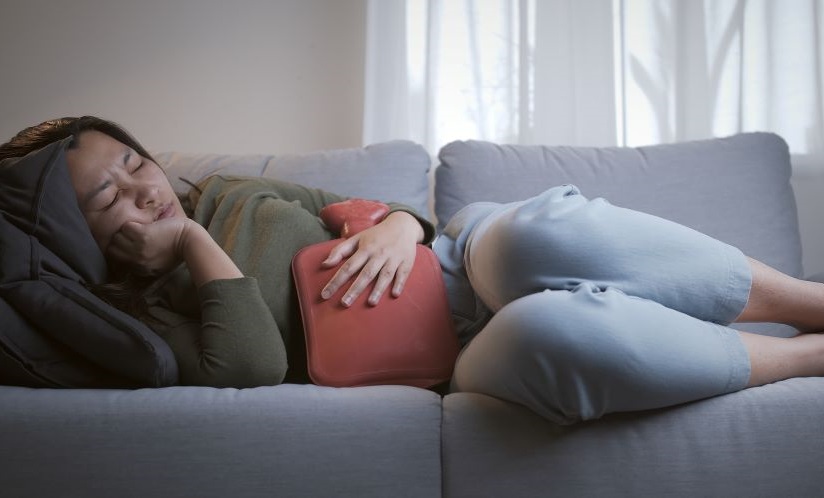Global Issue in Review: Heavy Menstrual Bleeding

Heavy menstrual bleeding (heavy periods) is an understudied global health challenge. Its clinical definition, “excessive menstrual blood loss which interferes with a woman’s physical, emotional, social, and/or material quality of life,” entirely depends on an individual’s subjective experience, making it tricky to understand and measure.
“Menstruation is still a taboo topic, which leads people who menstruate to feel like they need to conceal their menstrual experiences,” says Sheela Sinharoy, PhD, assistant professor of global health. “They should be able to seek out advice, guidance, and treatment if they personally feel that their menstruation is affecting their social, emotional, or material lives.” Sinharoy recently co-led a study on heavy menstrual bleeding with Bethany Caruso, PhD, assistant professor of global health, the MUSE Project team, and their global partners.
The impact:
No matter where they live, people with heavy periods have a lower quality of life, especially in low- and middle-income countries where access to period products may be limited. Sinharoy and Caruso’s multinational study showed heavy periods affected 47% of women across 10 settings in South Asia and sub-Saharan Africa. The CDC estimates that 20% of American women are impacted by heavy periods. The issue is far-reaching and is also associated with impacting income, productivity, the ability to perform daily activities, and negatively affecting people’s social lives and relationships.
What's new:
The fact that heavy periods are being studied at all is a step forward. “Ours is the first rigorous, cross-national study to provide these prevalence estimates using a validated tool,” says Sinharoy. Caruso adds, “Health needs specific to females are known to be understudied. This work shines a light on heavy periods and hopefully brings it out of the shadows.”
What needs to be done:
More research on the topic, education for the general public, and training for health care providers would help reduce stigma and allow people who menstruate to self-advocate and seek out the help they need. On a policy level, removing taxes on period products would also help people gain access to them. Additionally, more public bathrooms are needed. Businesses can support those who menstruate by making period products more widely available in bathrooms or even providing them for free.